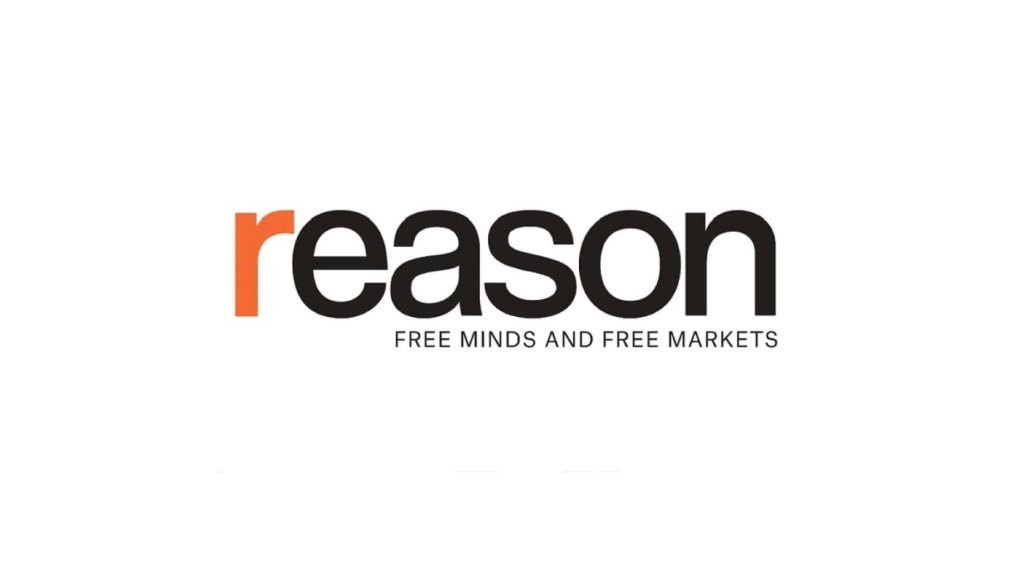Should A Federal District Court Hold Contempt Proceedings While An Emergency Appeal Is Ongoing?
The Supreme Court’s decision in Trump v. J.G.G. divested Judge Boasberg of the jurisdiction to further adjudicate the matter. It also cast in serious doubt whether he could continue his contempt proceedings against the executive branch. Earlier this week, I wrote “it is not clear if the District Court has power to hold the executive branch in contempt where it lacks jurisdiction over the case.” I still don’t know the answer to that question, but as a practical matter, Judge Boasberg will likely stand down.
My colleague Seth Barrett Tillman ruminated on holding litigants in contempt in the context of emergency orders.
If the DOJ refused to abide by a federal trial court judge’s order, and that order was granted ex parte, but subsequently it was set aside, then what should the judge do? My view is that holding the prevailing party in contempt should not be predicated on mere disobedience standing alone. Contempt’s normative justification is tied to fair play and due process, but where the process is ex parte, contempt is too harsh. What is driving the public mind (or part thereof) to press for contempt in the recent immigration cases is that a large part of the public believes the Trump-47 policies are lawless or heartless or both. But if the policies are lawless, that’s a merits determination. If the order was set aside on appeal, then the merits standing alone should not be sufficient cause to elicit a contempt order. As for heartless, I am sure that the majority of federal judges think that too. But that is a policy and values judgement—we hold elections to make those decisions—we do not issue contempt citations for being on the wrong side of a naked moral judgment untethered to established law.
Where an ex parte TRO is set aside, I think a federal trial court judge has a narrow window of opportunity to hold a disobedient defendant in contempt. The judge must establish that the defendant’s conduct during and in the course of the litigation was illegal or inequitable. Here I am speaking not to the litigant’s underlying or out-of-court conduct, but his conduct in relation to his representation before the trial court. The conduct would have to be something akin to unclean hands (albeit, that doctrine usually applies to plaintiffs’ seeking equitable relief, as opposed to defendants’ opposing an application for equitable
Article from Reason.com

The Reason Magazine website is a go-to destination for libertarians seeking cogent analysis, investigative reporting, and thought-provoking commentary. Championing the principles of individual freedom, limited government, and free markets, the site offers a diverse range of articles, videos, and podcasts that challenge conventional wisdom and advocate for libertarian solutions. Whether you’re interested in politics, culture, or technology, Reason provides a unique lens that prioritizes liberty and rational discourse. It’s an essential resource for those who value critical thinking and nuanced debate in the pursuit of a freer society.




